10 Sci-Fi Series So Perfect They Never Had a Bad Episode
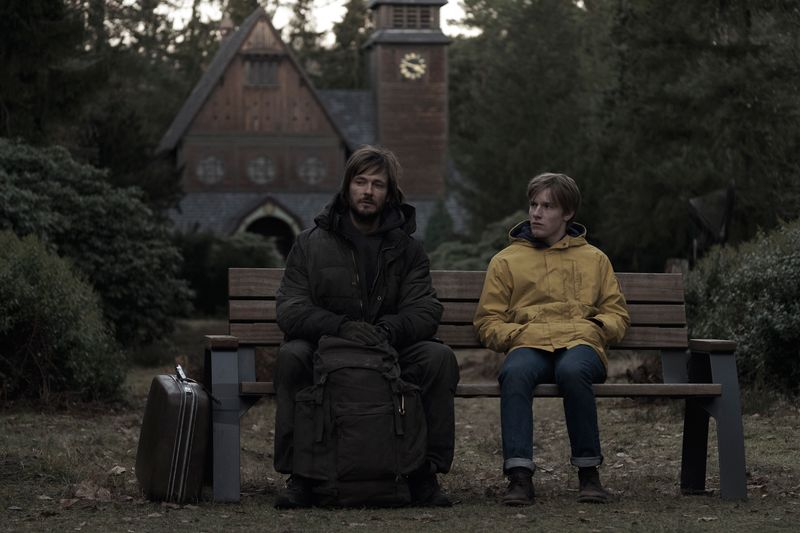
Science fiction on television has given us countless adventures across space, time, and alternate realities. While many shows have their ups and downs, a rare few maintain extraordinary quality from start to finish. These standout series combine imaginative world-building, complex characters, and thought-provoking themes without ever delivering a disappointing episode. From sprawling space operas to intimate post-apocalyptic tales, these shows represent sci-fi storytelling at its finest.
1. Babylon 5 (1993–1998)
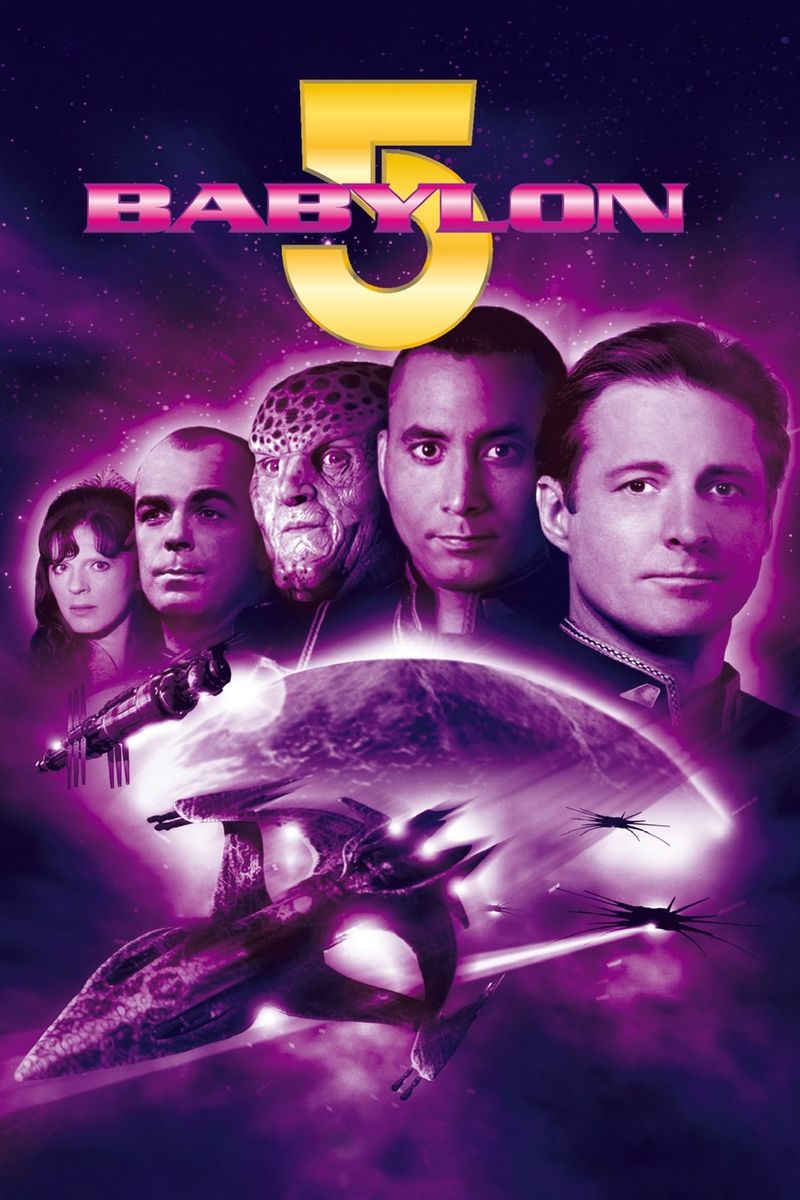
Creator J. Michael Straczynski penned nearly the entire five-season arc of this revolutionary space saga. Its political intrigue and layered character development remain unmatched, with every installment serving the larger narrative tapestry.
Set aboard a space station built as a diplomatic neutral zone, Babylon 5 explored war, peace, religion, and identity with remarkable depth. Even early episodes sometimes dismissed as slow were carefully planting seeds for explosive payoffs down the line.
The series pioneered the idea of a fully planned television novel, where foreshadowing paid off years later and character arcs unfolded organically across its 110-episode run.
2. Counterpart (2017–2019)
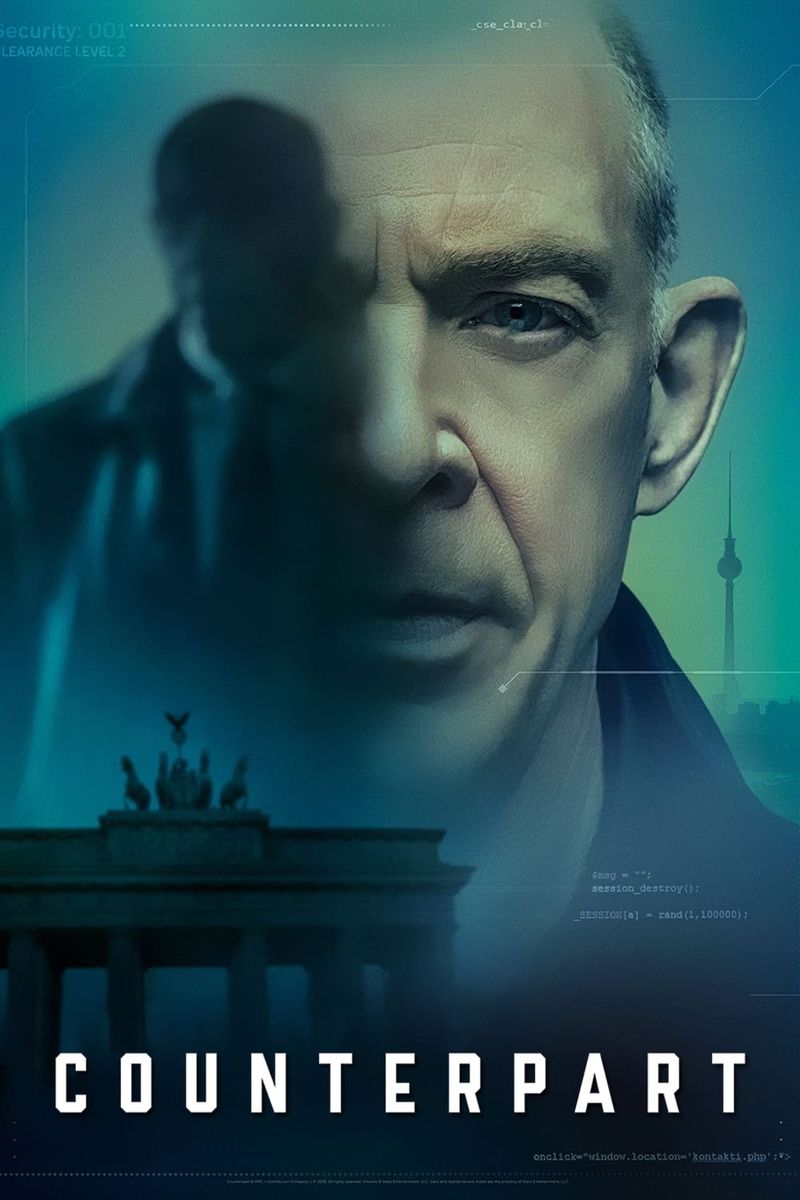
J.K. Simmons delivers a tour de force performance, embodying two versions of the same man in this criminally underrated spy thriller. Its genius premise begins in the Cold War, when a parallel Earth mysteriously split off, creating a fragile but vital diplomatic relationship between the two worlds.
What makes Counterpart flawless is its meticulous attention to detail. Alternate Berlin feels both familiar and foreign, with subtle visual cues—from lighting to costume choices—setting the realities apart.
At its heart, the show explores profound questions of identity and choice: how much of who we are stems from circumstance versus inherent nature? Each episode tightens the screws on its espionage drama while expanding its philosophical reach.
3. Andor (2022–2025)
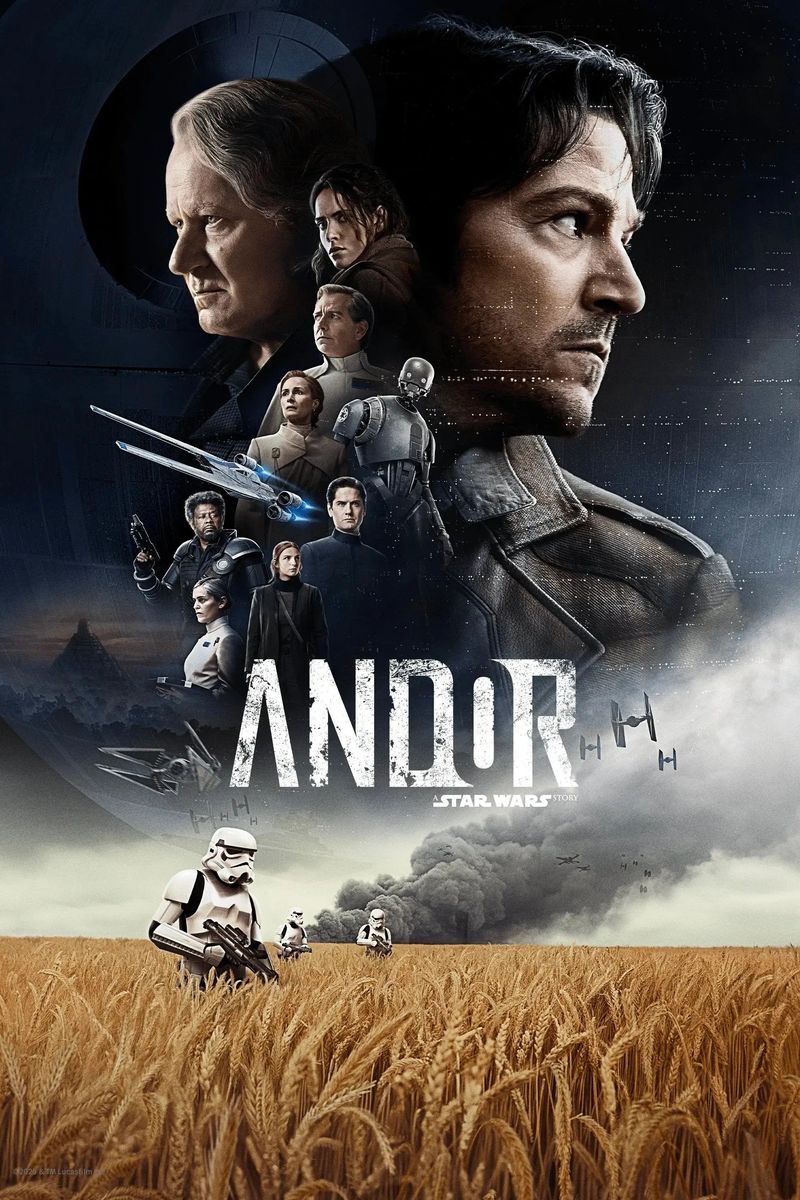
Breaking free from lightsabers and Force powers, Andor reimagines Star Wars as a gritty espionage thriller about ordinary people resisting extraordinary oppression. Diego Luna’s Cassian Andor begins as a cynical survivor and steadily transforms into the committed rebel we meet in Rogue One.
Guided by creator Tony Gilroy, every frame, line, and character is devoted to telling a story of resistance against creeping fascism. The Imperial bureaucracy has never felt more terrifyingly real—or more relevant.
From the riveting prison break arc to the unforgettable season finale, Andor delivered impeccable writing, acting, and production design. Each episode builds tension while shaping a morally complex universe where heroism carries devastating personal cost.
4. For All Mankind (2019–Present)
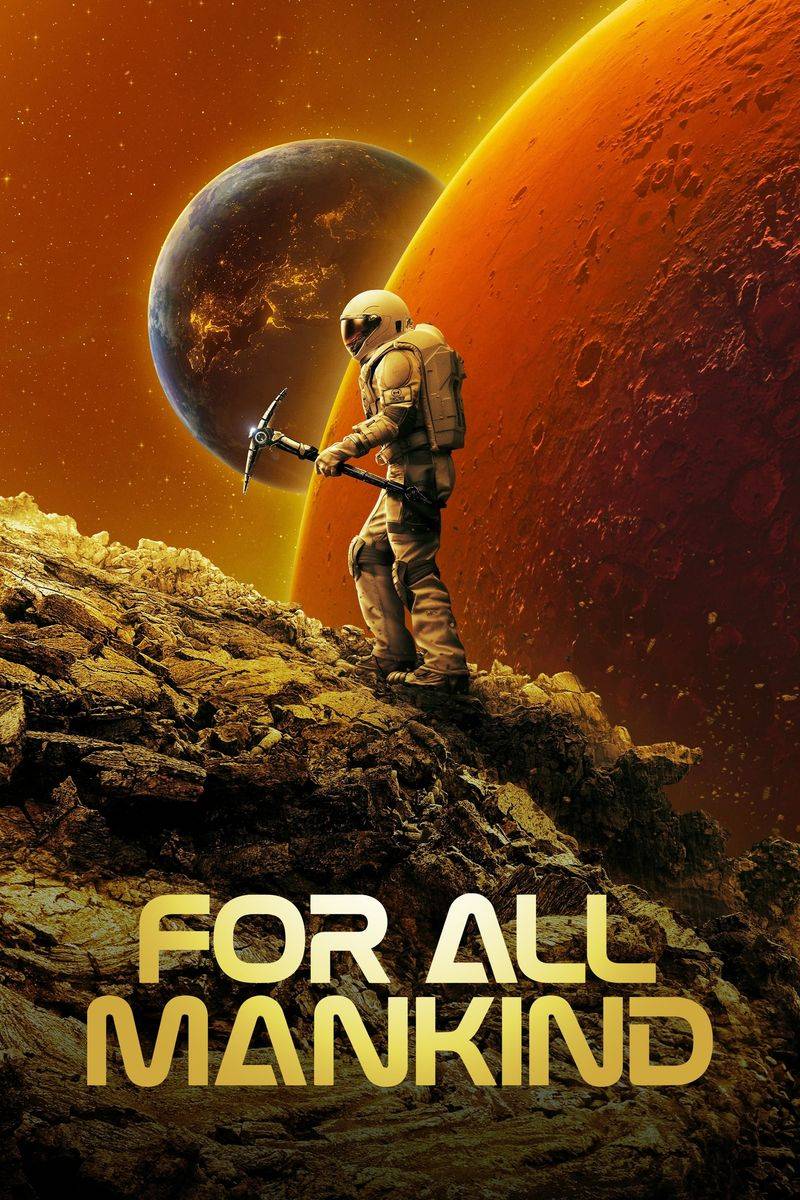
What if the Soviets reached the Moon first? This brilliant premise launches a sweeping alternate history where space exploration never lost its funding or public fascination. Each season leaps forward a decade, revealing how the altered timeline accelerates technological breakthroughs.
The show balances deeply personal character arcs with grand geopolitical shifts. Relationships evolve authentically across decades, while the larger world transforms in fascinating and unexpected ways.
Creator Ronald D. Moore—along with Matt Wolpert and Ben Nedivi—applies meticulous attention to scientific realism. From nail-biting mission control sequences to the breathtaking beauty of lunar and Martian landscapes, every episode delivers both emotional resonance and technical authenticity.
5. Dark (2017–2020)
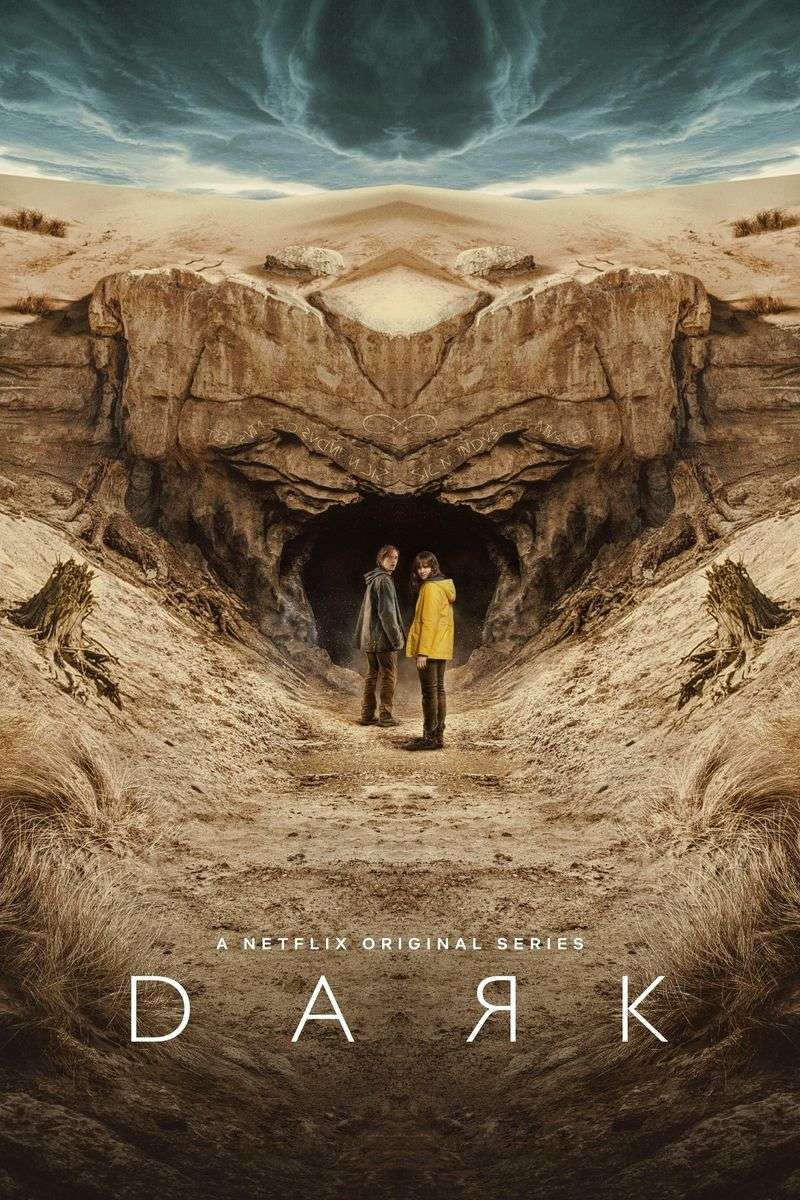
Raincoats have never looked so ominous as in this mind-bending German masterpiece about time travel, family secrets, and apocalyptic prophecy. Set in the fictional town of Winden, Dark meticulously weaves four family histories across multiple eras with near-mathematical precision.
Creators Baran bo Odar and Jantje Friese designed all three seasons from the beginning, ensuring every puzzle piece clicked into place. Not a single episode wastes a frame or a line of dialogue.
What elevates Dark beyond conventional sci-fi is its haunting exploration of fate and free will. As characters uncover their tangled connections across decades, the show asks whether destiny can ever be defied. The final chapter resolves its mysteries with rare emotional and narrative satisfaction.
6. Station Eleven (2021–2022)

Defying every zombie-laden apocalypse trope, Station Eleven finds beauty and humanity after a devastating flu pandemic wipes out civilization. The story moves between the chaotic early days of collapse and twenty years later, where a traveling Shakespeare troupe brings art to scattered settlements.
“Survival is insufficient” becomes both mantra and guiding philosophy. Instead of fixating on violence or despair, the series explores how creativity helps communities process trauma and rediscover meaning.
Each episode feels like a finely crafted short story while building into a larger mosaic. Mackenzie Davis and Himesh Patel anchor the ensemble with deeply felt performances, turning this haunting meditation into a celebration of what truly matters when everything else is gone.
7. Star Trek: Deep Space 9 (1993–1999)
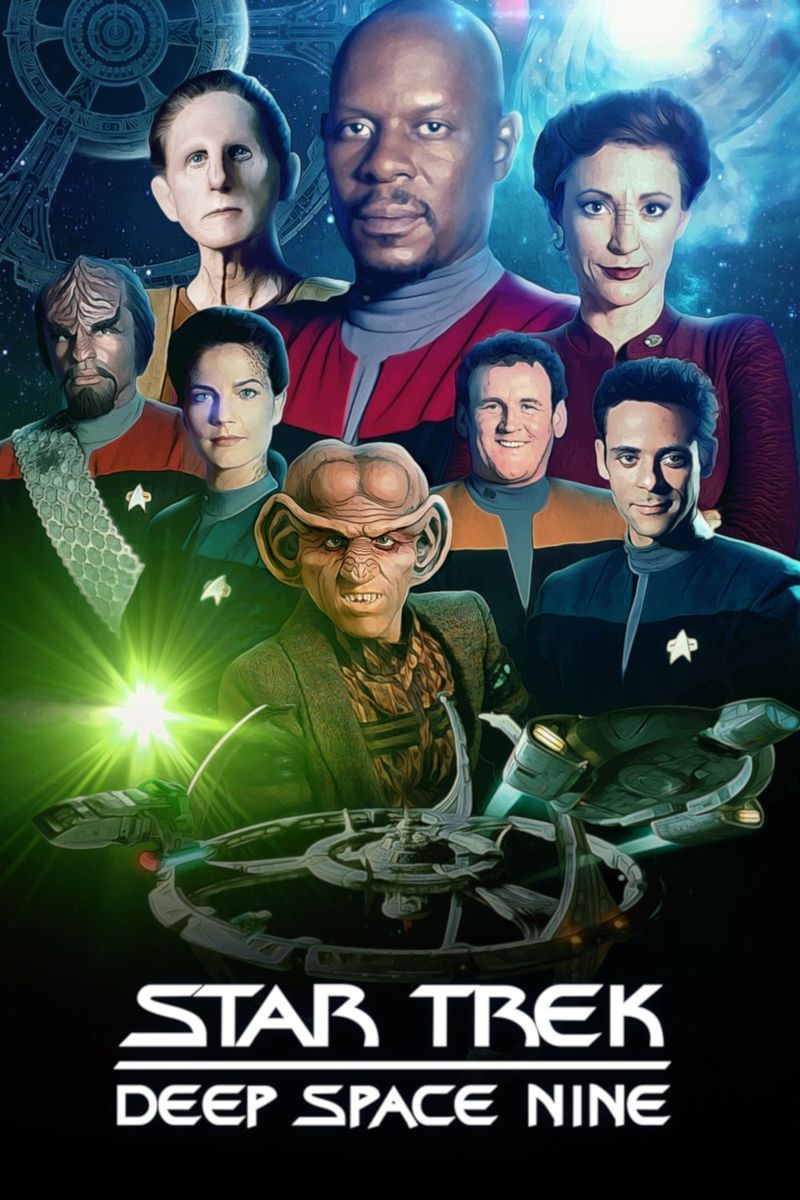
While other Star Trek series roamed the galaxy, Deep Space Nine planted roots on a space station and let the universe come to it. This setup created the richest ensemble cast in the franchise and allowed the writers to explore lasting consequences in ways the episodic “starship-of-the-week” model couldn’t.
From Bajoran prophecies to interstellar war, DS9 embraced complexity and moral ambiguity rarely seen in 1990s television. Captain Benjamin Sisko’s evolution from reluctant commander to revered spiritual figure remains one of Trek’s most nuanced arcs.
The Dominion War storyline redefined the franchise with serialized storytelling that never wavered in quality. Episodes like “In the Pale Moonlight” pushed boundaries by challenging Federation ideals while staying true to Star Trek’s humanist core.
8. The Expanse (2015–2022)
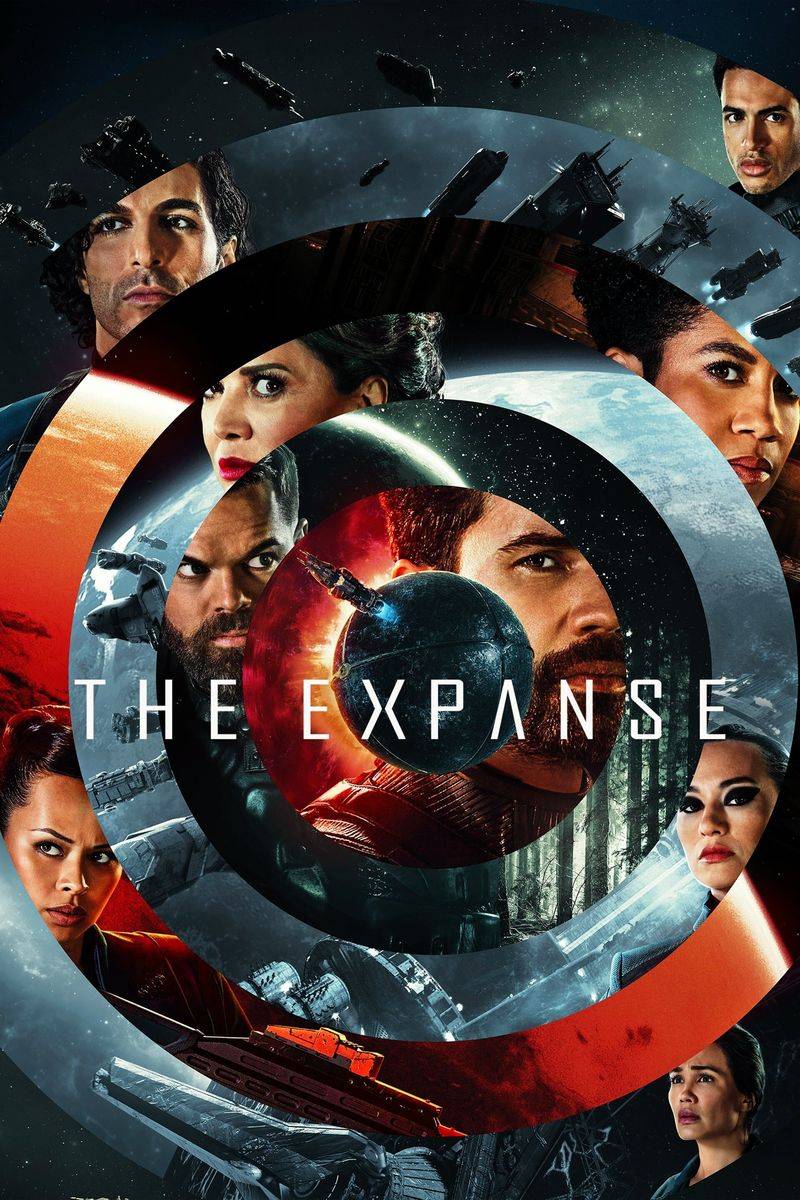
In The Expanse, gravity isn’t optional—it’s the rulebook. This commitment to scientific realism grounds every aspect of the saga, from its politics to its physics. Set in a future where humanity colonizes the solar system, the series dramatizes the volatile tensions between Earth, Mars, and the exploited asteroid belt.
Adapted from James S.A. Corey’s acclaimed novels, the show never dilutes its complex world. Characters speak in a distinctive Belter Creole, and its space battles obey the unforgiving laws of inertia and momentum.
What elevates The Expanse is its deft balance of intimate human drama and vast sci-fi scope. The series explores colonialism, resource scarcity, and class struggle while delivering breathtaking action sequences that feel genuinely revolutionary in their authenticity.
9. Firefly (2002)
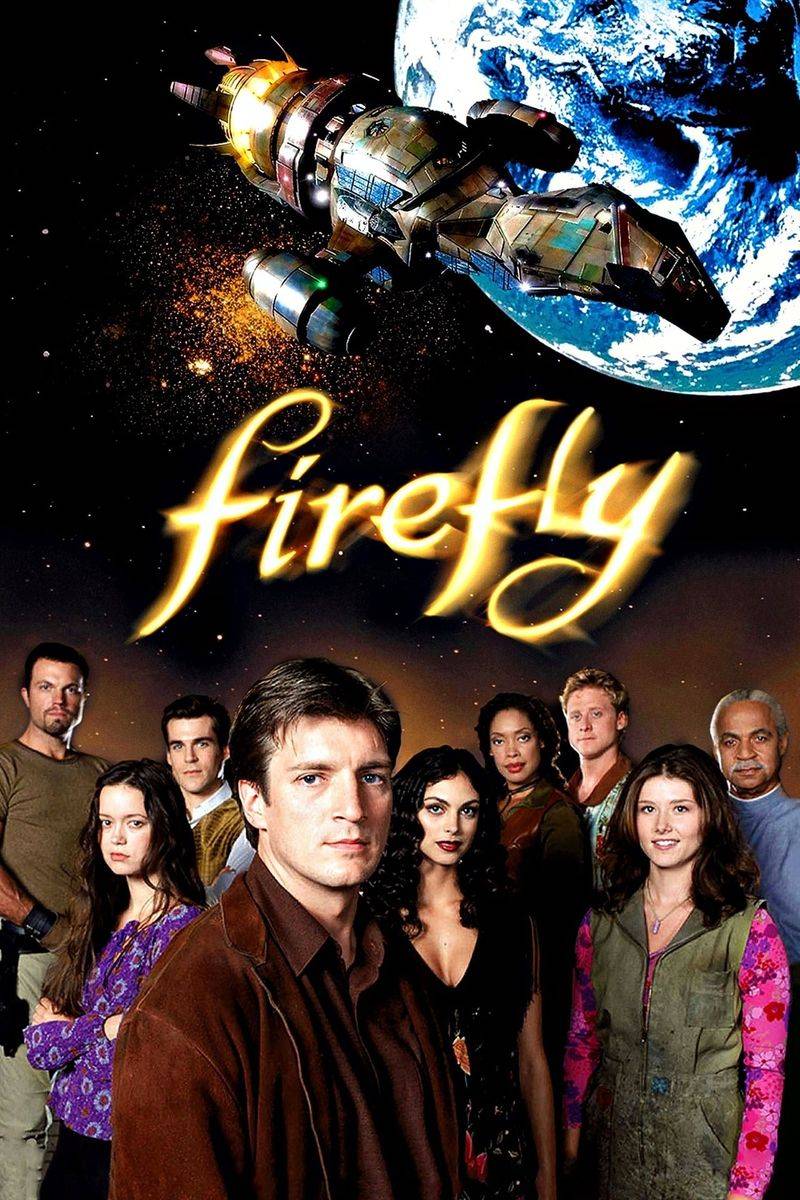
Space cowboys! Joss Whedon’s tragically short-lived series fused frontier grit with space opera imagination. Though Fox infamously aired the episodes out of order—including the pilot last—each installment shines as a model of character-driven storytelling.
The chemistry among Serenity’s ragtag crew remains unmatched in sci-fi television. Captain Malcolm Reynolds and his band of misfits won viewers over with razor-sharp dialogue and lived-in, heartfelt performances.
What makes Firefly extraordinary is how fully realized its universe feels despite just one season. From the sterile opulence of the Core Planets to the dusty struggles of frontier worlds, the show crafted a believable future where personal stakes carried as much weight as political ones.
10. Farscape (1999–2003)
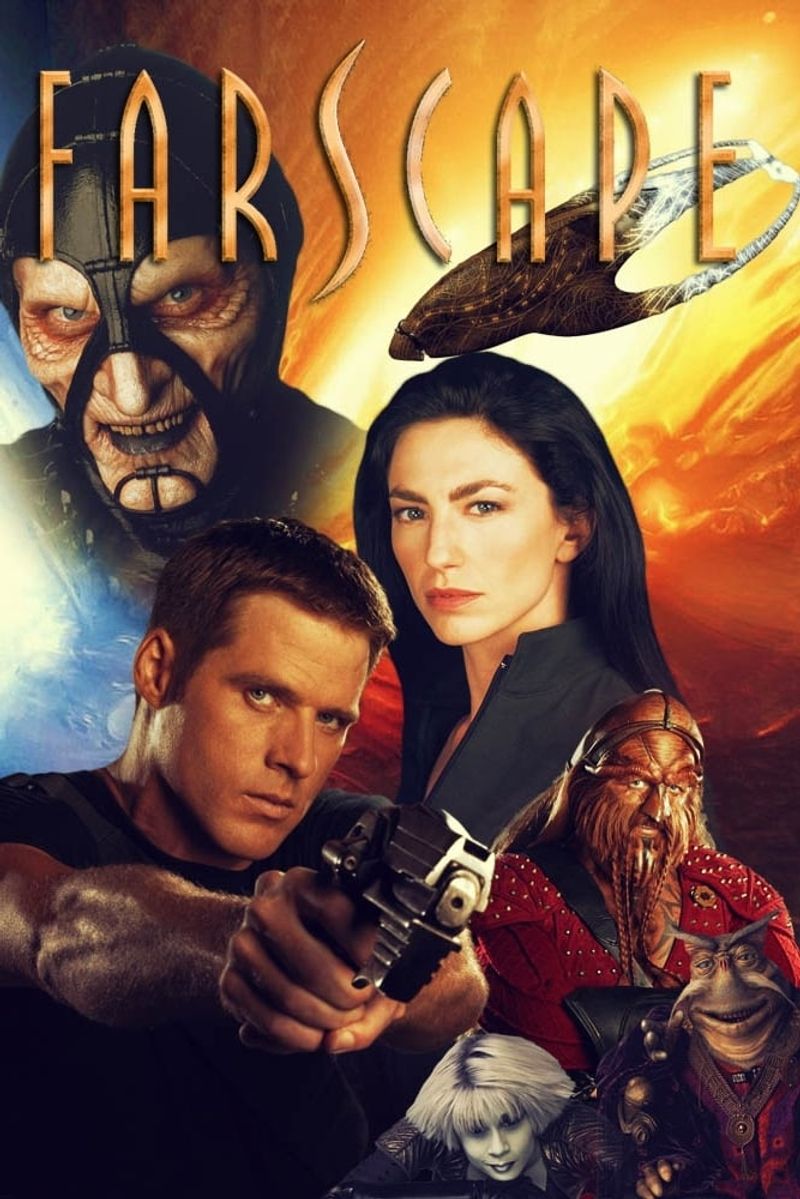
American astronaut John Crichton is hurled through a wormhole and lands aboard a living ship crewed by alien fugitives. What might have been standard sci-fi becomes extraordinary thanks to Jim Henson’s Creature Shop, whose groundbreaking practical effects brought unforgettable characters like Rygel and Pilot to vivid life.
Unlike most genre shows of its era, Farscape made its alien worlds feel truly alien. Puppeted and costumed characters delivered performances every bit as nuanced as their human counterparts, creating a universe both bizarre and believable.
What makes the series unforgettable is its fearless creativity. Farscape swung from hilarious to heartbreaking within the same hour, exploring identity, love, torture, and madness with visual style and narrative boldness that still feels revolutionary decades later.

Comments
Loading…